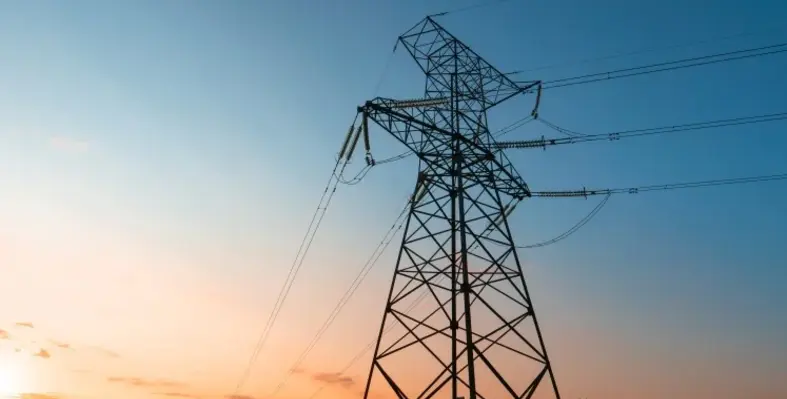The World Bank Group and African Development Bank Group have joined forces in an ambitious initiative aimed at providing electricity access to at least 300 million people in Africa by 2030
The World Bank Group will focus on connecting 250 million individuals to electricity through either distributed renewable energy systems or the existing distribution grid, while the African Development Bank Group aims to support an additional 50 million people.
Access to electricity is deemed a fundamental human right and is indispensable for successful development endeavors. Presently, 600 million Africans lack access to electricity, posing significant obstacles to healthcare, education, productivity, digital inclusion, and ultimately, job creation.
"Electricity access is the bedrock of all development. It is a critical ingredient for economic growth and essential for job creation at scale. Our aspiration will only be realised with partnership and ambition. We will need policy action from governments, financing from multilateral development banks, and private sector investment to see this through," said Ajay Banga, World Bank group president.
This partnership underscores the determination of both the World Bank Group and the African Development Bank Group to take bold steps in addressing one of Africa's most pressing challenges. It reflects the World Bank Group's commitment to achieving greater impact and is the result of a concerted effort to enhance its effectiveness. The initiative will leverage existing regional energy programs, aligning them towards the common objective.
Electricity access investment opportunities
To connect 250 million people to electricity, an estimated US$30bn of public sector investment will be necessary, with IDA playing a critical role as the World Bank's concessional arm for low-income countries. Additionally, governments will need to implement policies to attract private investment and reform their utilities to ensure financial sustainability and efficiency, while also implementing tariff mechanisms to protect vulnerable populations.
The initiative to connect 250 million people to electricity presents significant private sector investment opportunities, particularly in distributed renewable energy, estimated at US$9bn. Furthermore, there are substantial opportunities for private investments in grid-connected renewable energy, which are essential for powering economic growth.












